A beginners guide to night fishing
Night fishing can be tremendous fun and can lead to some incredible catches that just wouldn’t have been possible during the day. By following the few simple tips outlined below, you too can be well prepared and enjoy some great fishing after dark.
Night fishing can lead to more fish on the bank
Night fishing opens up a whole new side of angling to be enjoyed and can often lead to extra fish being caught. On busy waters the fish know that when darkness approaches most anglers have gone home and a lake that has appeared quiet all day can suddenly come to life with the fish feeding with much less caution.
There are also other benefits in that their eyesight, one of the biggest advantages to identifying anglers’ rigs is diminished in the dark. Finally, much of the natural food that fish feed upon, like bloodworm, will rise to the surface of the lake bed overnight, once again encouraging the fish to feed more freely.
Night fishing can bring many advantages
Overall night fishing can bring many advantages but there are a few tips to be remembered to make it successful and, more importantly, safe. One of the most important things to remember is to get ready and prepared before it gets dark. Sometimes when you are enjoying yourself time can slip away and night can fall rapidly before you realise and leave you underprepared. It is important to lay out your kit and equipment in the light and memorise where everything is. Items like your net need to be to hand and it is important to ensure any unnecessary hazards are packed away to prevent tripping over them after dark. Ensure that bait and tackle is neatly packed away but is easily accessible and to hand if needed.
Check out your swim before darkness falls
The same needs to be done for the swim you are fishing. Taking a good look at any potential threats or snags in your lake will help you guide fish away from them if you are lucky enough to get a bite overnight. By having a plan of action already rehearsed in your mind will lead to more fish being landed and a more successful night’s fishing.
The appearance of the lake will change dramatically after dark and in order to ensure you continue to hit your loose-fed spot a couple of steps can be followed. Before dark identify a large far bank marker in line with your fishing spot that will be silhouetted at night; the largest tree, pylons, rooftops, etc are all good markers.
After this is identified, line up with the marker and cast out to your spot and place the line in the line clip that nearly all reels have nowadays. With the line in the clip a small piece of tape or marker elastic can be applied to the line at the rod tip. Do not be tempted to leave your line in the clip – this will result in your rod being dragged into the water no matter how quick you think you are to react to run! Instead, each time you need to make a re-cast, hopefully after landing a fish, there is a simple process to follow to get it back out on exactly the same spot. Cast out and reel back in until the marker tape is level with the rod tip again, place the line back in the clip, line up with your far bank marker and make a cast. If done correctly you will land back on the exact same spot and one bite could become three or four by morning.
A head torch is vital
A head torch is a vital piece of equipment and there are many different types available. Nowadays a rechargeable version is probably the most efficient. You will not have to continue to purchase fresh batteries which saves money and is more eco friendly. Memorising the location of your head torch is again important so you are not searching around for it in the dark. Options include around your neck or wrist, next to your bed/chair or hanging from the front of your shelter. However, remember the same watercraft applies overnight and we must try to not alert the fish to our presence or spook them. Only use a torch when necessary and try to keep noise to a minimum as sound will carry further at night.
How long you intend to fish for and your target species will dictate what form of bite indication you require. If fishing for a couple of hours after dark before heading home then a starlight attached to your float or rod tip will suffice. If planning on staying any longer then a form of electronic bite alarm will be required. With the best will in the world, drifting off is almost inevitable and this will lead to missed fish or worse – a snagged fish and lost tackle. These alarms work by identifying line movements across a wheel or sensor which initiates an audible alarm that will wake even the deepest of sleepers. Most even come with a remote that can be placed next to where you are sleeping to make sure that nothing is missed. These are helpful in bad weather where the sound of the alarm can be drowned out by the wind.
Make yourself comfortable!
If you do intend to spend all night on the bank then a bedchair and shelter will lead to a much more comfortable experience. Shelters come in two different forms, lightweight brollies that provide basic protection from the elements and full up, more luxurious bivvies. Bivvies are fully encapsulated where as a brolly can have an open front. Bivvies are probably best suited to those spending long periods on the bank of more than one or two nights and for those who like their creature comforts. For the majority, a brolly or similar should be more than adequate. A warm sleeping bag suitable for the time of year is a must and a spare change of clothes will ensure you stay comfortable and dry throughout your trip. It can often be much colder in the early hours than many realise, so make sure you pack on the warmer side just to be sure.
If staying for 12 hours or more then some form of sustenance will be required. In the summer, sandwiches and bottled drinks will probably be fine, whereas in winter or cooler weather a hot meal is probably preferred to help you keep warm through the hours of darkness. Hot drinks will also be welcomed and there is nothing better than a steaming mug of coffee on a misty morning after a night on the bank.
Take care when using a stove
A stove will be required and they too come in two formats, gas or fuel. Gas is by far the most convenient with only the most hardcore of winter anglers needing to consider a fuel stove. It is paramount that these stoves are used outside of your shelter. The materials most shelters are made from are incredibly flammable and go up in flames in a manner of seconds. Not only this but using a stove in a zipped up, enclosed shelter can lead to suffocation risk. Try and keep food, and in fact bait, packed away to prevent attracting wildlife such as rats into your shelter.
Overall, night fishing can be tremendous fun and can lead to some incredible catches that just wouldn’t have been possible during the day. By following the few simple tips outlined in this piece you too can be well prepared and enjoy some great sport fishing after dark.
Similar articles
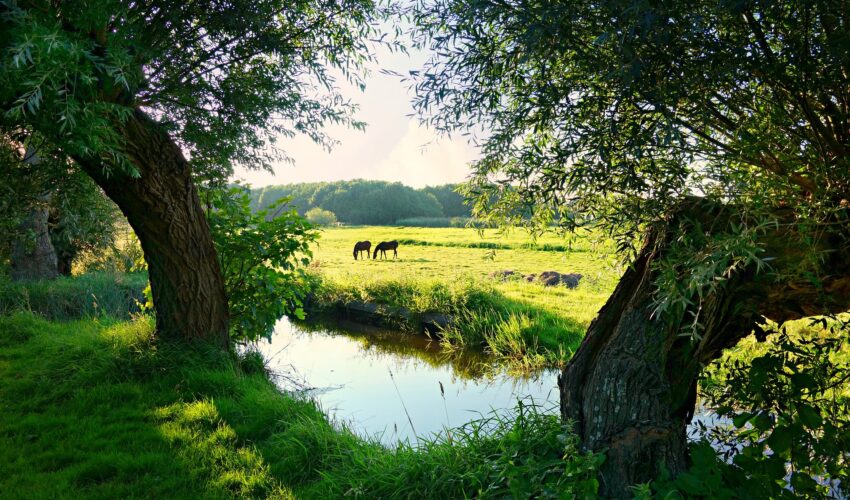
River Fishing – A guide to getting started
Are you thinking of going for a trip to the river in 2025 but find yourself filled with trepidation because you have never fished running water before? Well I want you to relax. Let us take the mysteries out of…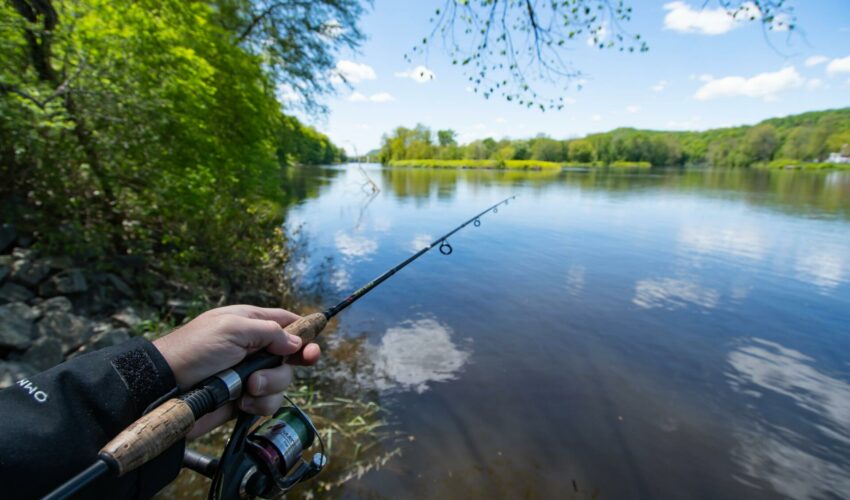
A guide to fishing licences in 2025
Whether you want to become a new angler or you’ve been fishing for years, you will be required to obtain the Environment Agency Rod Licence. In this article we explain what you’ll need if you want to go fishing in…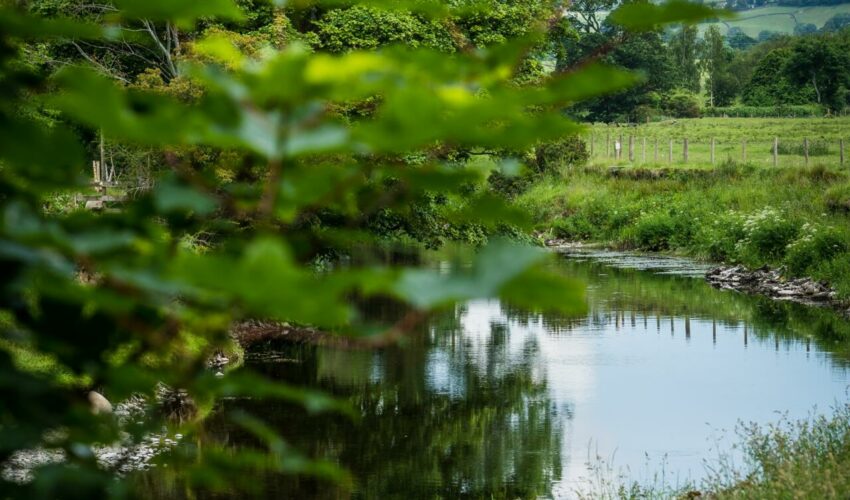
Make the most of the 2025 river season with this in-depth guide to fishing rivers
If you’re new to fishing rivers, or just fancy a change from fishing stillwaters, this guide will help you make the most of the new 2025 river fishing season. With advice on reading the water, what species to fish for…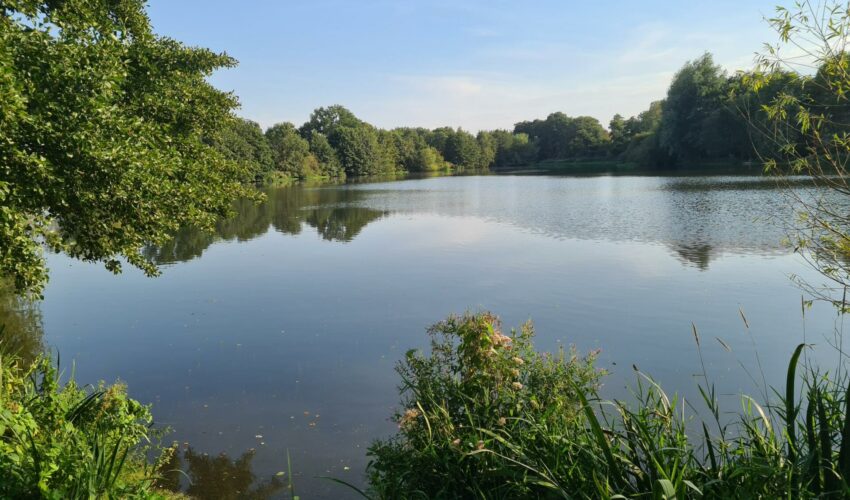
Our guide to fishing this spring (2025)
With the worst of the weather over (we hope!) and with spring finally here, it’s time to clean out that tackle box and get on the bank for some spring time fishing.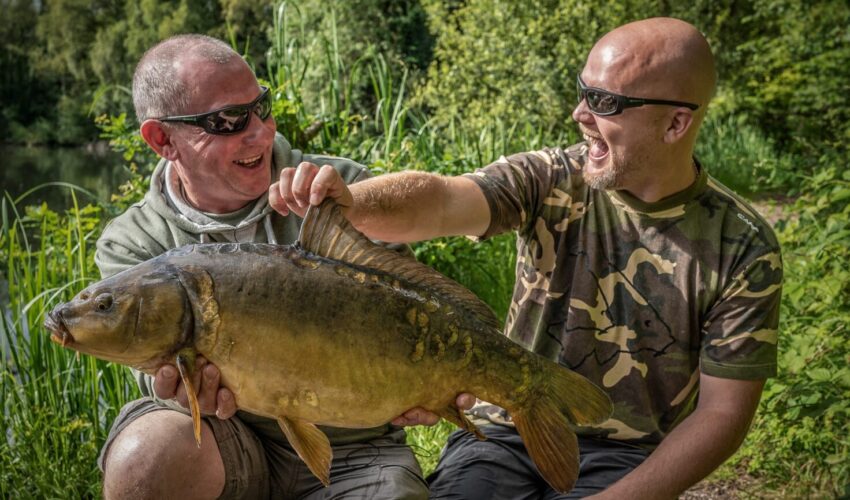
Take a friend fishing
Get ready to hit the water! From April 18th to May 4th, 2025, you can get a free fishing license to take a buddy out and show them what fishing’s all about. Yep, free! It’s all part of the “Take…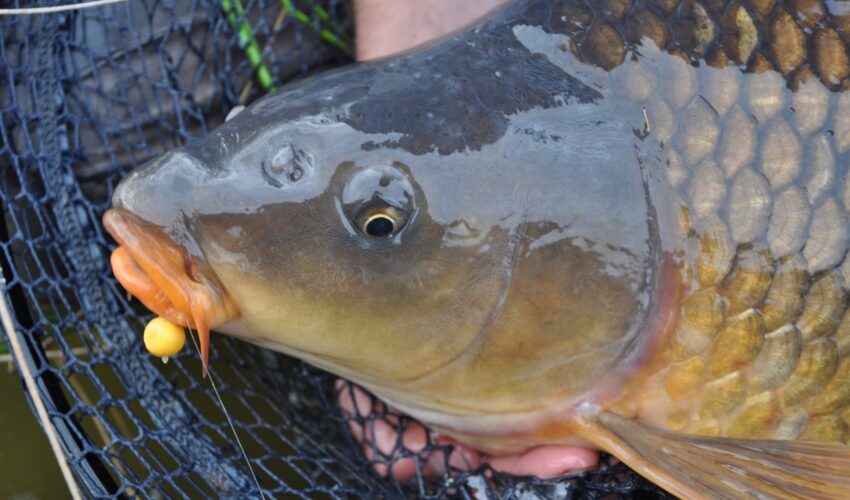
Fishing tips for hard days: How to get more bites
It happens to the best of anglers. Whether conditions are tough, the fish are moody, or our plans simply aren’t working, there are days we struggle. But what can you do to catch fish that seem unwilling to cooperate? There’s…Search by Region or County
Find new places to go fishing in your local area or county by choosing your destination below

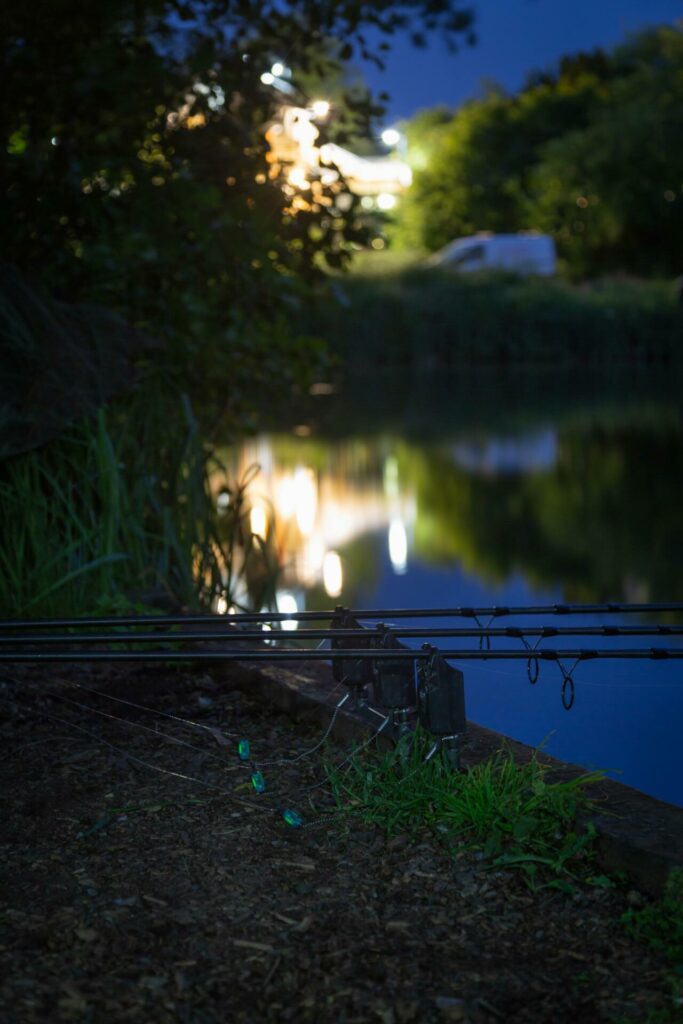








Comments